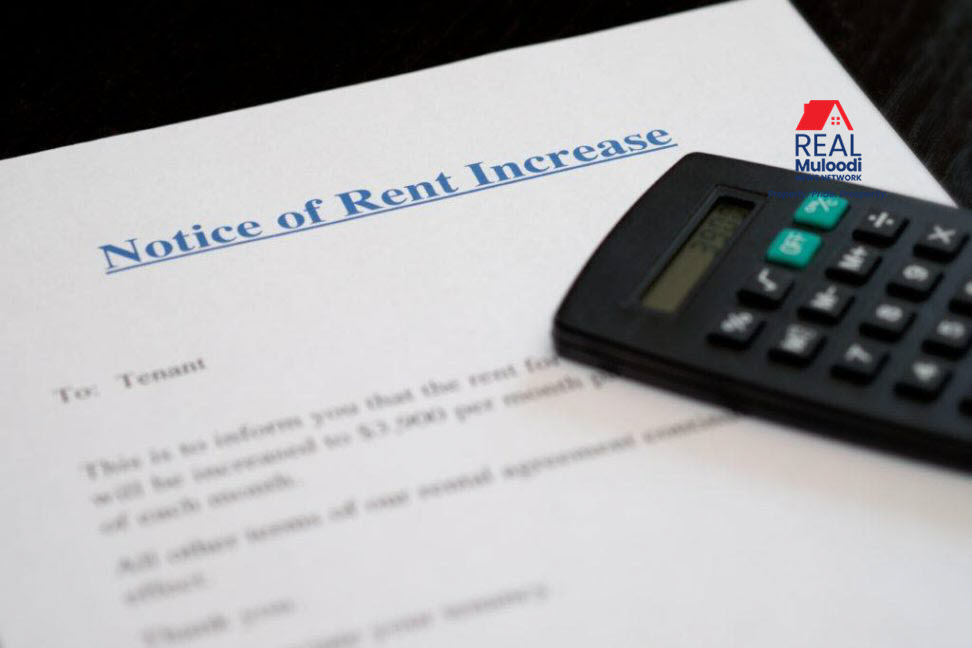UGANDA, Kampala | Real Muloodi News | A notice from the landlord about rent increment would ruin anyone’s day.
Often, rent increment notices come when the landlord has incurred unexpected costs they need to cover.
The landlord may decide to increase rent with the start of the new year, therefore the notice comes leading up to the festive season; a time when there may be other expenses you are trying to manage.
Sometimes landlords may do it intentionally to force some tenants to move out, especially regular rent defaulters.
Charles Kigozi, a property manager, says as long as you remain a tenant, you must deal with rent increments at some point. Keep reading to find out what Kigozi advises.
Try to Negotiate
Kigozi says if you get a rent increment notice which you can’t afford, ask to negotiate with the landlord. Bad news doesn’t get better with time, so don’t delay responding to the notice.
Kigozi explains that sometimes landlords increase rent without being aware of the tenants‘ situation. Depending on your reasons, you may negotiate with the landlord to postpone the rent increment date, or reduce the amount.
Negotiation can work well, especially when you have been on good terms with the landlord. Kigozi adds if you have been a good tenant, the landlord may reconsider the rent increase to keep you around, especially if you have been paying your rent on time and in full.
You Have Rights
There are rules the landlord must follow when increasing rent. For example, landlords are prohibited from increasing rent at a rate of over 10% annually. Further, landlords are required to give notice of 90 days in case of a rent increment.
Where the tenancy is fixed, the landlord cannot increase the rent until the expiry of the fixed term unless provided for by the tenancy agreement.
In the absence of a fixed agreement, you may be stuck.
“If you’re not in a position to manage the rent increment, look for a cheaper house so that you do not put yourself in trouble with the rent payments in the future,” Kigozi says.
If a landlord is the one asking the tenant to move out of the house, they need to give the tenant a timeframe of three months [rent-free] to find another house,” Kigozi adds.
Opt for a Long-Term Lease Next Time
Mr. Kigozi advises tenants to sign long-term leases with the landlords to avoid constant rent increase notices.
“Make sure that whenever you get a new house, you sign a long-term lease and this will give you a chance to stay in the house without fluctuating rent payments and this acts as a [line of] defence from your landlord,” Kigozi says.
Kigozi says landlords agree to long-term agreements, especially when you are paying in bulk. Here, the landlord cannot increase the rent when you are uninformed.
Accept to Move Out
If you do not want to fight with the landlord, move out peacefully and look for a house you can afford.
Your landlord may have different reasons for increasing rent, and they have the right to do so, as long as they are following the rules. Sometimes it’s just better to look for another house, says Kigozi.
READ MORE LIKE THIS:
Margaret Anne Saves Lots of Money Supervising the Construction of Her Home



